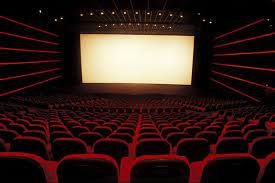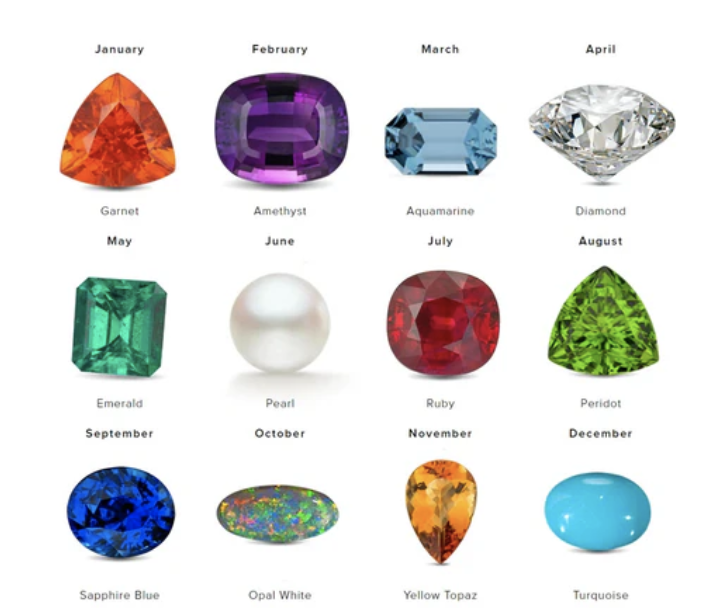Why Are There So Many Bad Movies In Theaters?

An empty movie theater in New York
June 1, 2023
Seeing a film on the big screen while sharing popcorn with your closest friends is a long-going hangout for many teens. With so many options and new movies releasing weekly, teens can choose from various genres. However, recently it seems that the quality of films has decreased with audiences coming out of theaters disappointed. With the entertainment industry booming as always, this raises the question, why are there so many bad movies in theaters?
Though many directors and producers are very enthusiastic and dedicated to their art striving to create the best possible work, the entertainment industry is still a business that’s primary purpose is to make money. This leads to studios prioritizing marketing over quality. Quality means a higher budget and more trained actors which costs the studios a lot more instead, they focus more on marketing. In order to profit more, movies will do what it takes to attract a higher audience, this could mean hiring a high-profile celebrity disregarding that they aren’t a good fit for the role, all in order to bring in their fans. But in return, this lowers the quality in other aspects, including of production quality including sound and video.
In addition to the emphasis on marketing, the hefty number of films made each year can also contribute to a fall in quality of content being created. Studios could feel under pressure to rush productions and make compromises in order to meet unrealistic deadlines since there are so many movies released each week. As a result, movies may feel incomplete with weak narrative, consistency, or even just meaningless altogether.
The increasing dependence on formulaic narrative and reuse concepts may be another element that contributes to the deterioration of quality. There is a perception of sameness across genres as a result of the repeatedly used predictable plot lines, recognizable characters, and stereotypes seen in many modern films. Although there is undoubtedly a place for well-known stories and characters, a lack of creativity and risk-taking may result in films that we see that seem dull and uninspired. Furthermore, movies are trying too hard to appear to everybody. Saihara Eudaimond (10), a student at Yorba Linda agrees, “They are trying too hard to keep it up to date and make it relatable.” By trying to have a movie appeal to everyone often ends up with it not attracting a targeted audience group. Trying to make content that is relatable to the everyday person frequently backfires and makes the film feel out of touch with reality.
Last but not least, the rise of streaming services has altered and affected the entertainment industry. With numerous newer more easily accessible entertainment options, movie producers can feel they must complete by creating more content since audiences have many alternatives to the traditional film in a theater, but this could dilute the quality. A culture of rapid binge watching has also been cultivated as a result of the accessibility of streaming, where viewers are less inclined to wait for an excellent movie to open in the cinema and are ready to watch other entertainment from the comfort of their homes. Despite the fact that there are undoubtedly many excellent filmmakers and performers working in the entertainment industry the emphasis on profitability, the pressure to provide a large amount of material, and dependence on repetitive narrative may be to blame for the deterioration and quality of films now playing in theaters. It’s crucial to remember, though, that not all movies are subpar. Each year excellent movies are still created and released. a tip is for audiences to be selective in their choices, putting narrative and plot over the big named celebrities. By doing so, we help encourage and support movie makers who are genuinely devoted to their work and contribute to the production of higher-quality movies.






































